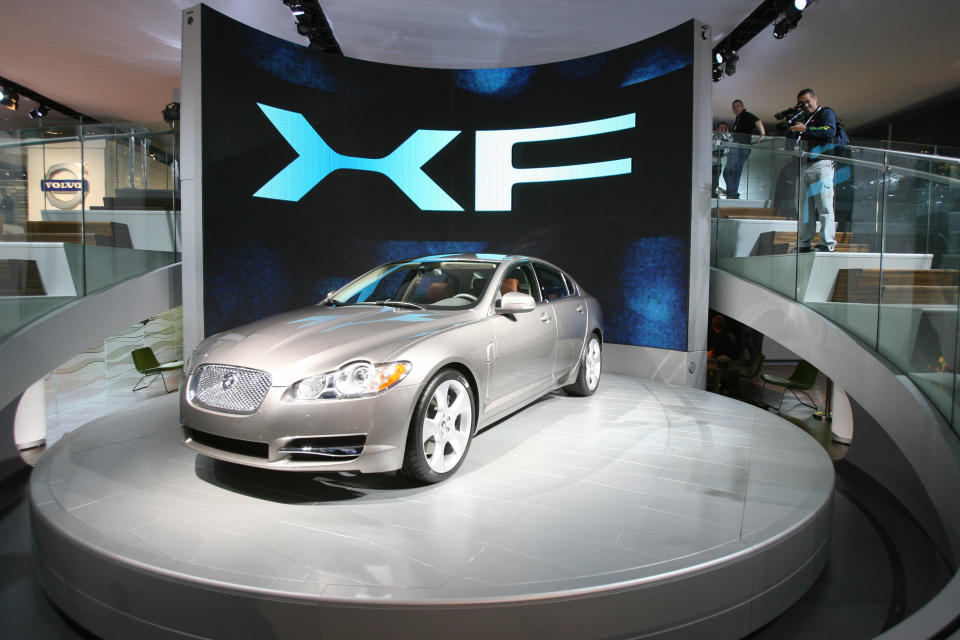Brexit isn't the only reason for Jaguar Land Rover's production cuts

It’s easy to blame Brexit uncertainties for Jaguar Land Rover’s decision to cut production at one of its factories in the UK. But besides Brexit there are other reasons too that are forcing changes at JLR.
Britain’s largest automaker announced on Monday that 1,000 workers at its Castle Bromwich factory near Birmingham would be downgraded to working three days per week.
Analysts say the key reason behind this decision is consumers’ growing preference for SUVs and crossover vehicles. The affected facility in the Midlands is known for producing saloon cars – the Jaguar XE and Jaguar XF.
“Both the XE and XF are in stagnant sedan segments with more dominant players, while most of the interest is [in] crossovers,” IHS senior auto analyst Ian Fletcher told Yahoo Finance UK.
A Jaguar Land Rover spokesperson confirmed that the cars from this facility were seeing lower demand.
“We’re reflecting the production that’s required,” she said.
Jaguar Land Rover, which is owned by India’s Tata Motors (TTM), employs roughly 44,000 people around the world. Its Castle Bromwich factory employs 2,000. Those affected will still be paid for five days of work despite doing three-day week. The current plan is for the shift switch to go into effect in October and last for two months, the spokesperson said.
Eric Totaro, a senior automotive analyst at Euromonitor International, said this change is a sign of the times, and a sign of the trends.
“It’s interesting to see this with Jaguar because they were one of the holdouts from going into the SUV space,” he said. [Sister brand – Land Rover – is better known for its SUV prowess.]
Jaguar Land Rover is not alone in being affected by the shift towards SUVs.
Volkswagen Group (VOW.DE) announced last week it would stop producing its iconic Beetle compact car in 2019. Analysts say the Beetle was ultimately squashed by the preference for roomier SUVs.
Competitor Ford (F) announced earlier this year it would scrap most of its US car models – including the Fiesta, Taurus and Fusion – to focus on SUV production.
Brexit, diesel and woe
Still, Brexit and slumping consumer demand for diesel vehicles aren’t helping Jaguar Land Rover.
Last week, the firm’s boss Ralf Speth warned that the wrong Brexit deal could cost tens of thousands of car jobs and risks production at the firm, especially if there are delays at ports and on motorways due to customs checks.
He also said that the UK government had demonised diesel cars, contributing to 1,000 job losses at the company earlier this year.
The British government is working to implement new rules to limit the sale of diesel vehicles in the coming years, which has spooked many consumers.
About 90% of JLR’s sales in Britain are diesel models, which compares with roughly 45% globally, the company said earlier this year.
The Unite union blamed prime minister Theresa May for the moves at Britain’s largest carmaker.
“This is the continuing effect of the chaotic mismanagement of the Brexit negotiations by the government which has created uncertainty across the UK’s automotive industry and the manufacturing sector generally,” said Unite’s assistant general secretary, Tony Burke.

 Yahoo Finance
Yahoo Finance 